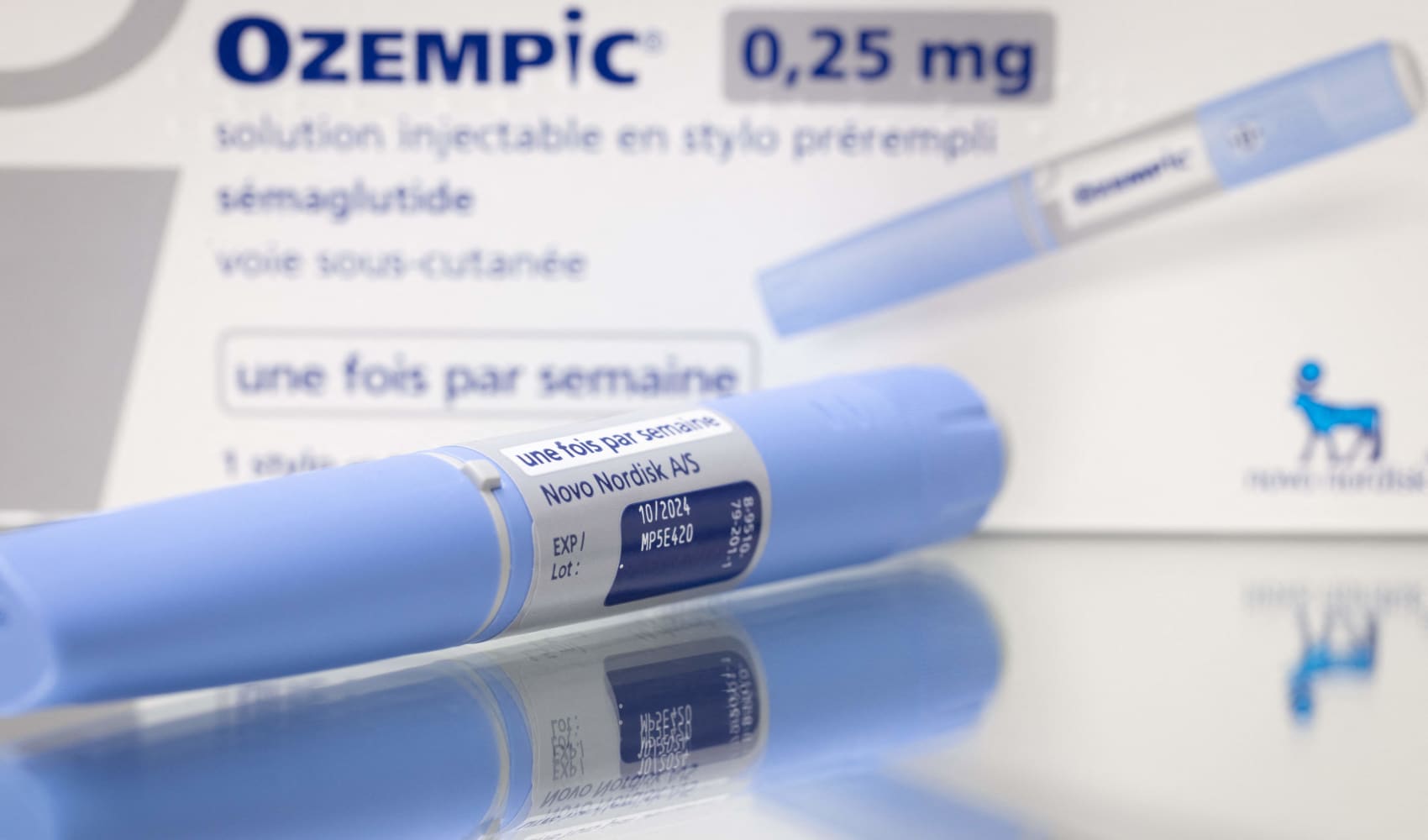For the almost 9,000 Americans waiting for a heart transplant, the chance of ever getting a new heart can be small. That's because each year, only about 2,500 people get these types of transplants. But now a new artificial heart is giving heart failure patients more time to live.
"I passed out," said Freddie Morris, 60. "I was out. I was gone. It took eight firings of my defibrillator to bring me back, and I think that marked the real steep decline, because from that point, I just felt like my life was really over."
It was last October when doctors told Morris that he would probably die if he didn't get a heart transplant soon. The Virginia man had spent the last 23 years suffering from cardiomyopathy, a congenital disease that causes the heart to slowly stop working.
"It was pretty bad," he said. "I was so far gone. I'd get up in the morning and I'd take a shower. I'd dry off and I'd try to get dressed and I was so worn out I'd have to go back to bed for a couple of hours just to get enough energy to go downstairs."
But doctors didn't think he had enough time time to wait for a new heart. The next best option? An artificial heart.
"Really what this does is it can actually take over all the pumping function or assist the heart if it's only got some of it pumping function left," said Inova Fairfax Hospital heart transplant specialist Dr. Shashank Desai.
And that can give heart failure patients as many as five extra years to live. The device is actually attached to the heart. It runs on rechargeable batteries connected through the abdomen. They supply enough power for the pump to last about four hours.
Health
"A majority of patients that are getting this in the country remain as a bridge to transplant, even though the potential here is for this pump to last many many years," Desai said.
This new device, approved by the FDA earlier this year, is much smaller than older heart pumps, so they can be used by more people, Desai said. The older pump was too big to fit into many women and smaller men.
"Unfortunately in this country now, the amount of people donating hearts has become very limited and the amount of people who need a heart transplant continues to grow exponentially," Desai said.
The heart pump has given Freddie Morris new life.
"I can breathe," he said. "Before, I couldn't breathe. I can get up and do my daily necessary things around the house. I can take a shower, thank God, and not be wiped out. I've never been this happy, really in my life that I can remember."
Doctors hope that one day these "artificial hearts" might actually be used instead of getting a transplant. Right now, lab tests show they can last at least 10 years, but it still remains to be seen how long it can last in the human body.



